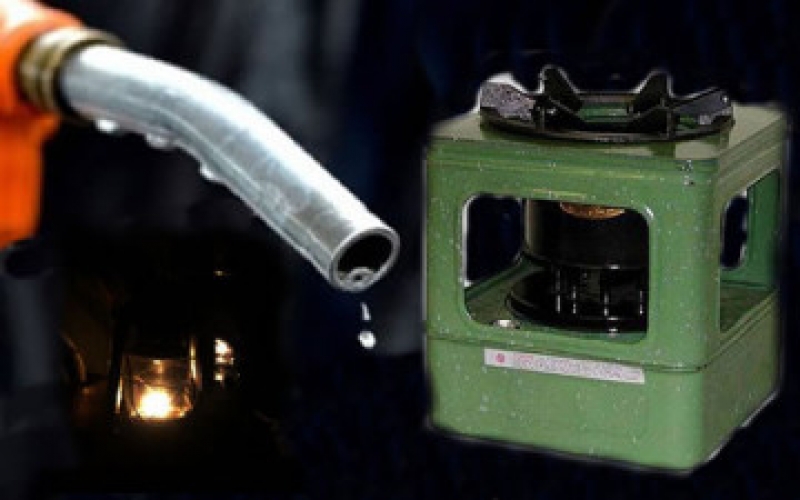By DANLADI BATURE
THE pressure being faced by Nigeria’s 36 states was further revealed by data released at the weekend by the National Bureau of Statistics (NBS). The data shows that the states lost N25.19 billion in Internally Generated Revenue (IGR) in 2015 compared to what they collected in 2014. IGR for 35 states amounted to N682.68 billion in 2015 as against N707.86 billion in 2014 (Ebonyi state is yet to release its IGR data).
This is the second consecutive year that the states have collected less in IGR in the last five years. In the 2014 financial year states IGR dropped by 13% compared to 2013, while in 2015, IGR collection dropped by 4% compared to 2014.
On a regional basis, five of the six geopolitical zones suffered declines in IGR collection except the North East (The North-East has consistently had the lowest IGR in the last five years). In 2015, the North Central zone had the steepest decline in IGR as its collection dropped by 15% while IGR collection in the North East grew by 1.89%.
Meanwhile, states governors from the south are increasingly taking to agriculture as prospects for oil remain bleak. The southern states are making effort to boost their domestic economies thorough investments and Public Private Partnerships in agriculture.
Key among the states which have taken the initiatives are Cross River, Anambra, and Lagos State.
Cross River State is investing in rice cultivation, husbandry, training and milling. Already, it has signed a Memorandum of Understanding (MoU) with Thai- African Corporation Limited with the aim of establishing a “Rice City.”
“Framers farm in vain, middle men take all the profit, we want to stop that process by improving rice yield in Nigeria. That’s why we are building Rice City,” says Governor Ben Ayadi of Cross River State.
Late year, Cross Rivers announced that Chinese investors were on the verge of staking $10 billion in the state for ventures that cut across agric, renewable energy, garment factory, and hydro power projects.
The Anambra State government has also made some progress in this regard. It has signed a tripartite MoU with Delfarm Projects Limited and Songhai Centre.
The major objective of the project is to establish, manage and maintain four specialized farms across the State’s three senatorial zones. The project at its full scale is estimated to cost $1.4bn and will see host communities and land owners, getting an equity share of 5% of the total cost of investment.
ALSO SEE: Nigeria: Investments inflow drops by $11.1bn in 2015 – NBS
The state has trained local farmers on methods of exporting vegetables apart from this it is directly involved in marketing output. So far about 10 deliveries of vegetables have been made to London and the government tends to scale up deliveries.
In other deals that have occurred in the state, Joseph Agro Limited, Ekcel Farms Limited had penned down a $150m agreement to take over the lucrative Omor Rice Mill and farm settlement while Ekcel Farms had signed $100 million for the production of cassava and tomato in the state. Also, Grains and Silos Limited has also signed another MoU valued at S11 million for a Silos project.
The Anambra state governor, Governor Willie Obiano, says 40% of the $4.1bn investments attracted to his state so far were in the agric sector.
Lagos is not left out in the fray. The state government has acquired 2,134 hectares of land from neighbouring states to promote agriculture. Apart from trying to meet the need of its teeming population, the ambition of the Lagos state government is to export produce to countries within the West African sub-region.
Currently, Lagos is scaling up the capacity of its rice processing mill at Imota to 20 metric tons per hour in collaboration with private investors, in a bid force down Nigeria’s expense on rice imports.

 Health5 days ago
Health5 days ago
 Entertainment1 week ago
Entertainment1 week ago
 Crime6 days ago
Crime6 days ago
 Education1 week ago
Education1 week ago
 Health1 week ago
Health1 week ago
 Comments and Issues7 days ago
Comments and Issues7 days ago
 Football7 days ago
Football7 days ago
 Latest6 days ago
Latest6 days ago










